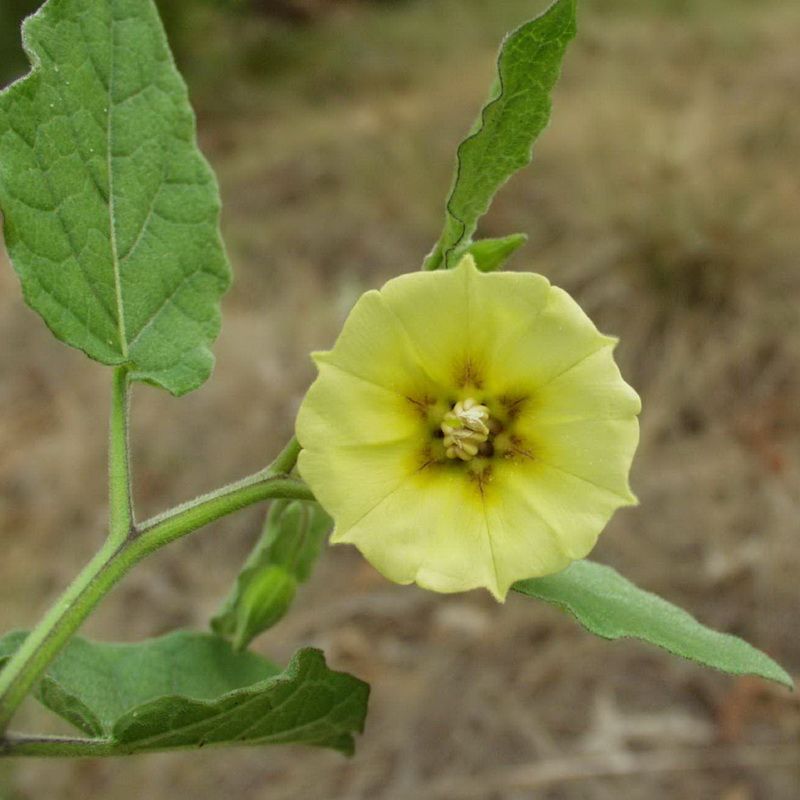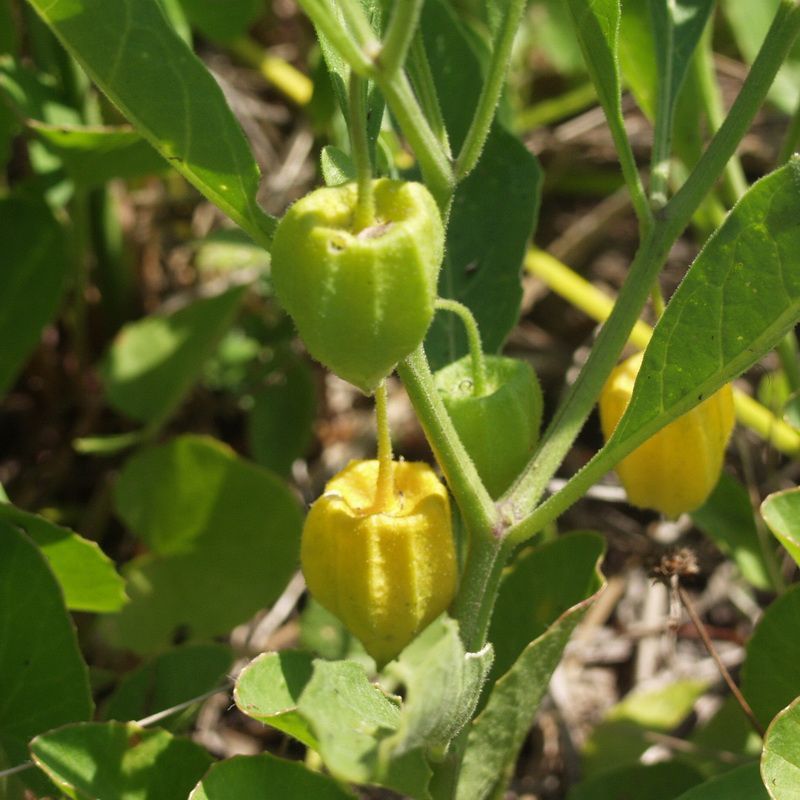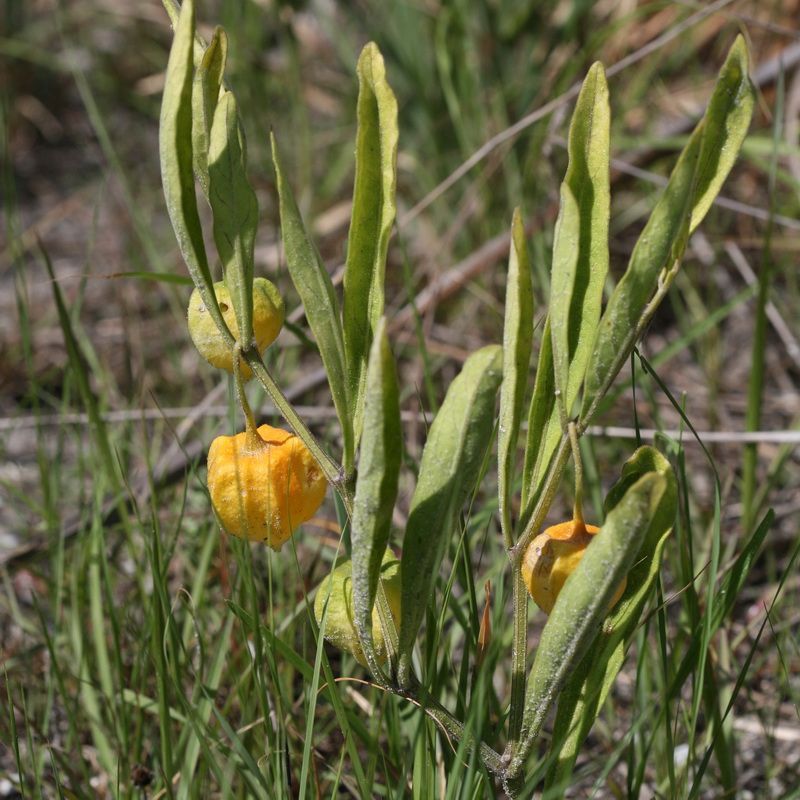FNPS Plant Database
Physalis walteri
Nomenclature
Common Name:
Synonym(s):
Genus species:
Family:
Solanaceae
Plant Specifics
Form:
Size:
Life Span:
Long-lived perennial
Flower Color:
Fruit Color:
Phenology:
Noted For:
Landscaping
Recommended Uses:
Considerations:
Availability:
Propagation:
Light:
Moisture Tolerance:
Always Flooded---------------------------------Extremely Dry
□□□□□□□□□□□□□□□□□□□□□□□□□□□□□□■■■■■■■■■□□□
Short very dry periods -to- Very long very dry periods
Salt Water Flooding Tolerance:
Unknown
Salt Spray/Salty Soil Tolerance:
Moderate. Tolerant of salty wind and may get some salt spray
Soil or Other Substrate:
Sand, Lime Rock
Soil pH:
Suitable to Grow In:
8A,8B,9A,9B,10A,10B,11

USDA zones are based on the average annual extreme minimum winter temperature.
Don't know your zone? Click here to search by zip code.
Vouchered In:
Ecology
Wildlife:
Attracts bees.
Fruit is used by generalists.
Native Habitats:
Comments:
Ethnobotany:
General Comments:
Citations:
Gann, G.D, C.J. Abbott, C.G. Stocking, K.N. Hines, and collaborators. (2001+). Walter's groundcherry [in] Natives For Your Neighborhood. ( https://www.regionalconservation.org/beta/nfyn/plantdetail.asp?tx=Physwalt ). Accessed 2026. The Institute for Regional Conservation. Delray Beach, FL.
Sedore, David, and DeLeon, Cynthia. (Undated). Walter's Groundcherry [in] Wild South Florida. ( https://wildsouthflorida.com/walters.groundcherry.html ). Accessed 2026.











